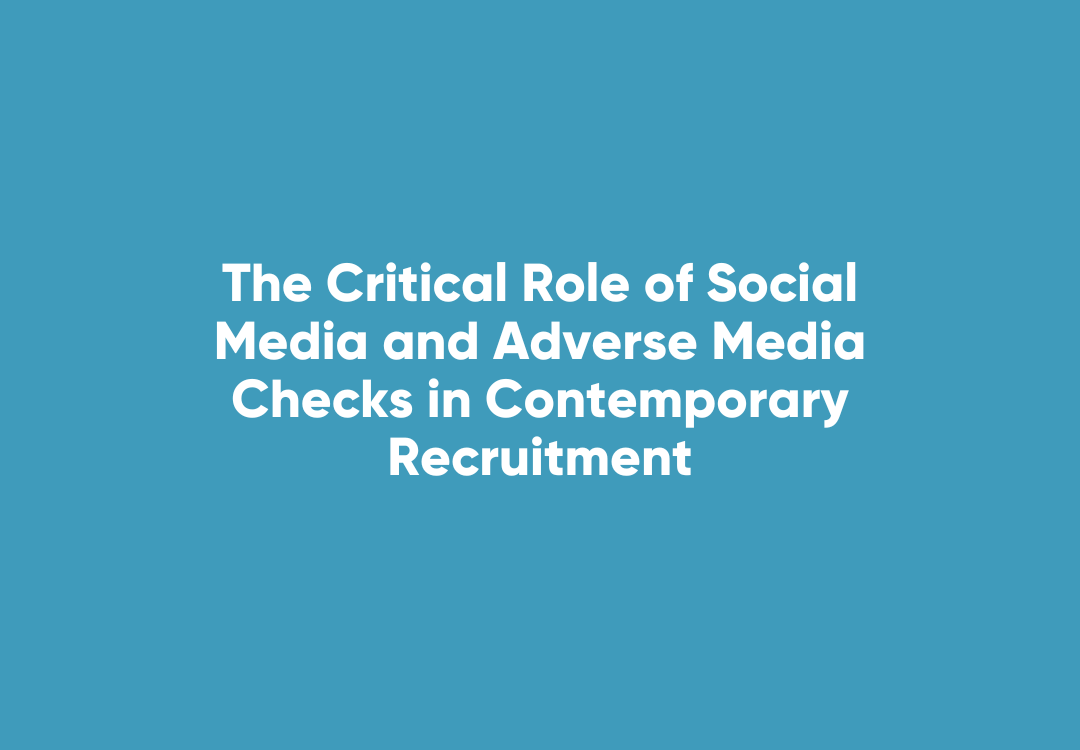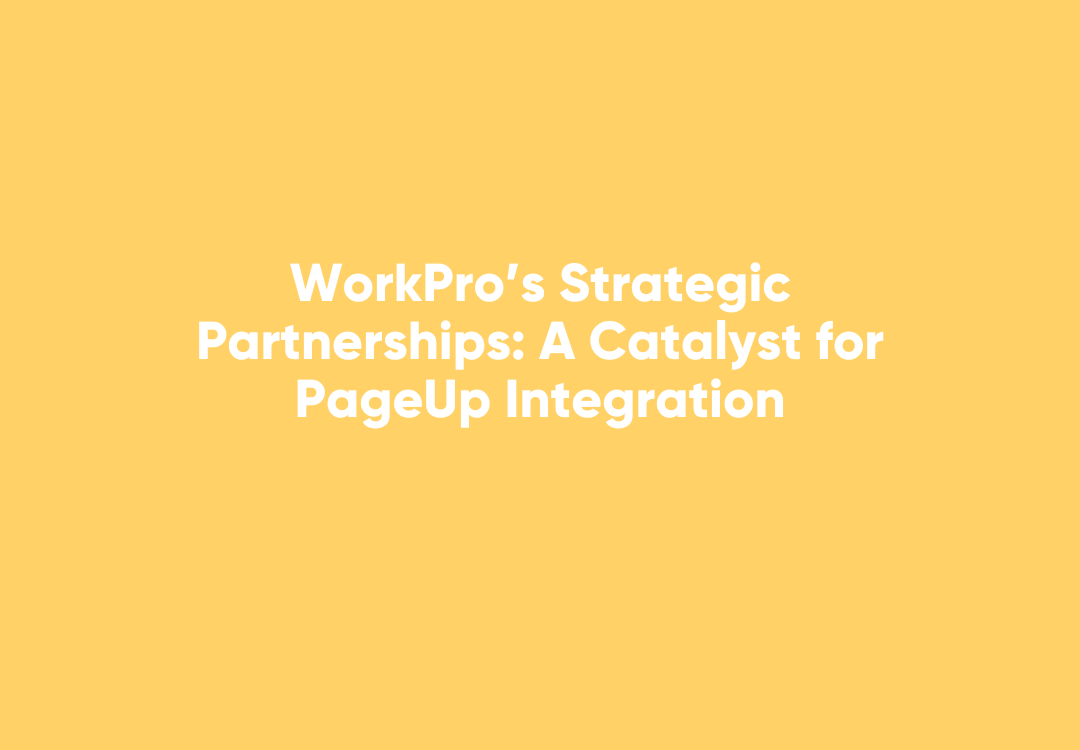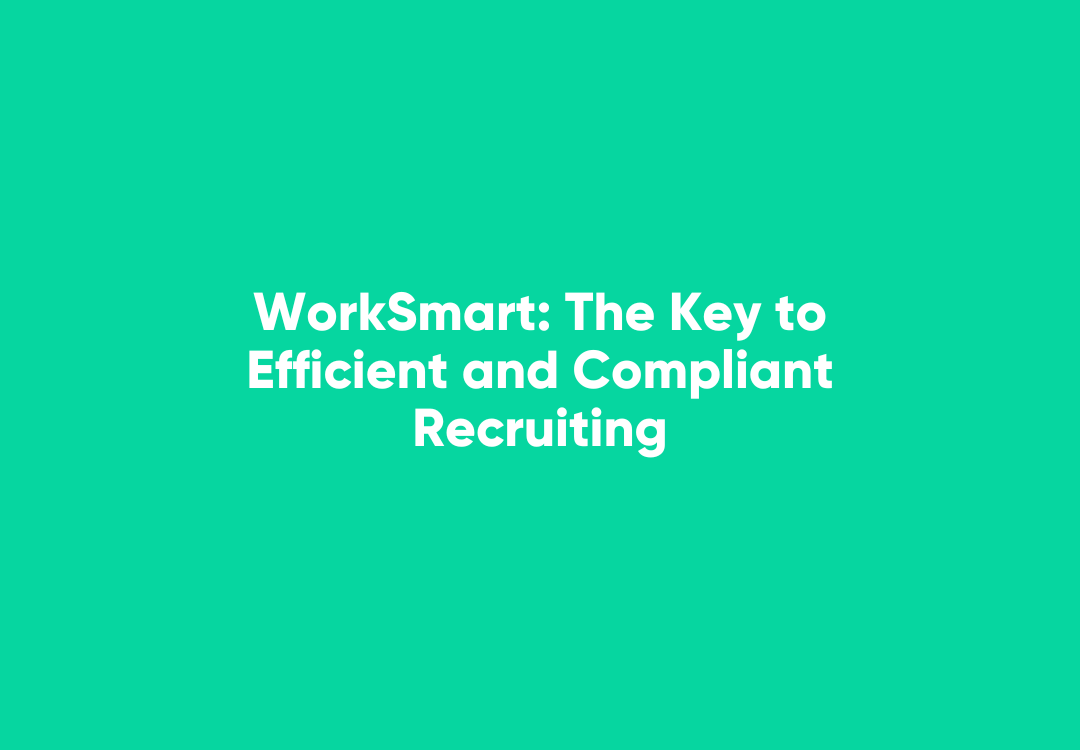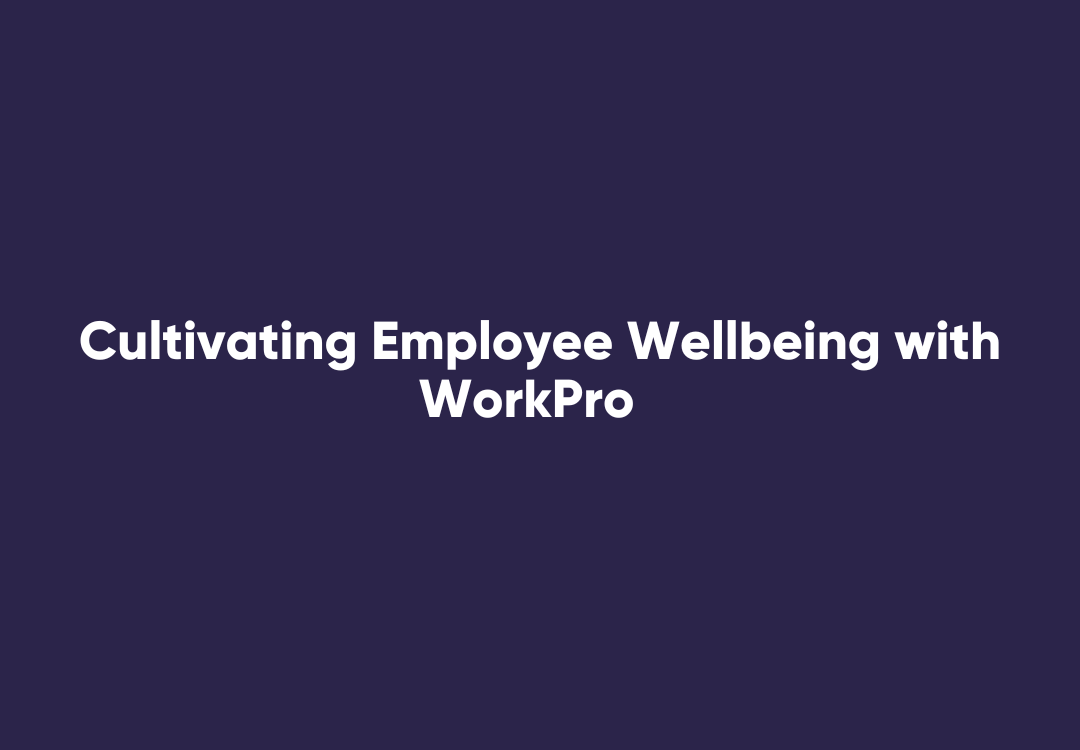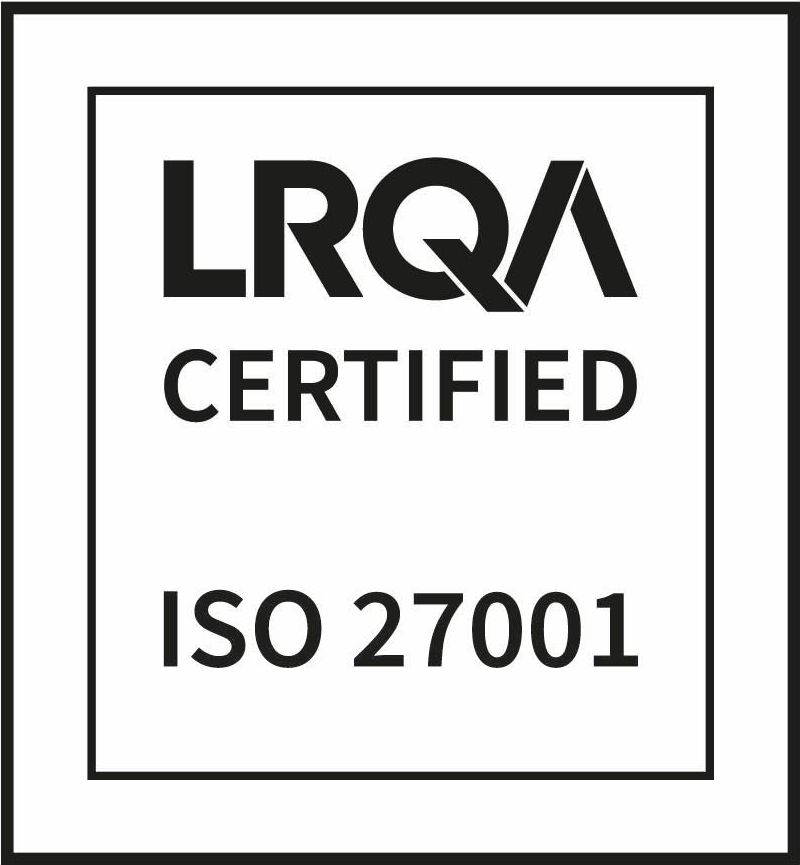Six Expert Tips for Spotting Lies on A Resume
Catching a lie on a candidate’s resume can be a great feeling. “Ah-ha!” You whisper to yourself, feeling like a regular day Sherlock Holmes. And so you should – each red flag you spot saves your business plenty of time and stress later. But not every lie is easy to spot, and it’s the well-hidden ones that can cost you the most.
A new study from OfficeTeam has revealed 46% of workers in 2017 know someone who has lied on a job application. It spells an increase of 25% since their last benchmark survey in 2011, telling managers exactly what they don’t want to hear – that resume fraud is going up.
These lies can range anywhere from the very minor and almost irrelevant all the way through to serious employee fraud. While none of it is positive, it’s the larger resume lies that you need to worry about the most. If you need to replace someone down the line for misconduct you could have picked up earlier, it can cost thousands of dollars in time, resources and admin costs. Fraud opens the door to theft, damages to your reputation, or worse.
Stretching the truth on a resume can be easy to spot for minor items, but others are almost impossible to identify by yourself. If your prospect wants something to stay hidden, it’s not going to stare back out at you like a sore thumb. It would be helpful for someone to share their full criminal history on their CV, but that’s not the world we live in!
Thankfully there are plenty of steps you can take to ensure you’re always protected. Here are 6 expert tips to ensure you’re always hiring with complete confidence.
1. Look out for skills without evidence
A quality resume is one that shares a candidate’s skills, by explaining what they were responsible for and the impact that had on the business. But according to OfficeTeam’s study, 76% of senior managers say job experience is the most lied about aspect of a resume. Tasks and responsibilities are close behind at 55%.
When scanning through job applications, look out for vagueness when describing these areas. Things like ‘I was involved with’ or skills without adequate descriptions and evidence can be identifiers of falsification. If anything lacks clarity and evidence, circle in and follow it up on the phone or in an in-person interview.
2. Line up employment dates
Most of us know that missing time between job dates can spell trouble, but we often don’t pay close enough attention to them.
Always ensure your hiring process includes an exclusive check on job timelines. Any gaps of 6 months or longer should be followed up. For all you know the candidate could have been off fly fishing in Southern Florida for that time, but you won’t know the full story until you ask. Ask them face to face in an interview – it will be easier to pick the red herrings!
3. Ask references similar questions
A reference check is usually one of the most revealing tasks during the hiring process – so make sure you tick it off and ask a variety of questions. One useful trick is to press references on more subtle nuances of a candidate’s employment. Consider asking about their attitude, temperament, how they handle stress and relationship with other staff. Above all, though, make sure you cover the same ground with each contact. Compare the answers to uncover anything that sounds a bit ‘off’.
4. Check social channels
With so many digital resources now available to employers, it’s easy to jump online and check a resume against social channels like Facebook, Twitter, and Linkedin. Look out for omitted information, timeline clashes and discrepancies between job or qualification titles. If you’re bestowed with a list of mutual friends, contact one or two and ask questions.
While you can’t trust everything you find on the internet, it’s become a great resource for fact checking and getting a better feel for someone’s authenticity and integrity.
5. Look for red flags in interviews
Interviews are critical for two reasons: discovering more about a candidate’s suitability for the role, and spotting any negative cues. Now is the time to press a candidate for deeper details on what they’ve done, as well as any red flags you’ve identified earlier. While asking your questions, keep an extra eye out for negative body language, eye contact or shallow answers.
We’ve all been nervous in job interviews before so a lot of behaviour so not everything needs to be read into. If someone is being dishonest, however, you’ll usually get a clear vibe in person.
6. Run a background check
One of the quickest and most powerful ways to spot lies is simply to run a professional background check. More and more businesses are now making professional background checks a staple of their onboarding process. The best thing is, it’s now cheaper than ever before for employers of any size to get a systematic, official set of results that verify your new hire is exactly who they say they are.
Official background checks will give you the confidence that anything you may have missed in a resume will be picked up.
Here are some checks to consider:
- National Police Check – Screen all of your new staff with official criminal history checks before offering a contract. This should be a given in every company’s hiring process.
- Employment History Check – The best way to verify information on a resume is by verifying it. You can do this by calling the businesses a candidate has worked for directly or using an onboarding tool that can do it for you.
- Academic History Check – Candidates lie frequently about their qualifications, as it can be easy to get away with. Use an official academic check service to validate your new staff member has the education needed to perform.
If you hire new staff on a regular basis, consider getting a subscription to a background checking service. This way, you can perform the same checks on every candidate and have a process that’s easy to follow every time.
Lies on resumes can range from small embellishments through to stretching the truth so far it becomes a new fact entirely. Some can be irrelevant to your business, but others can make a huge impact on a candidate’s suitability for a job. If you make the wrong choice, you can throw time, money and resources down the drain.
Follow the tips above to create a watertight hiring process that keeps the bad apples out (long before they get in).
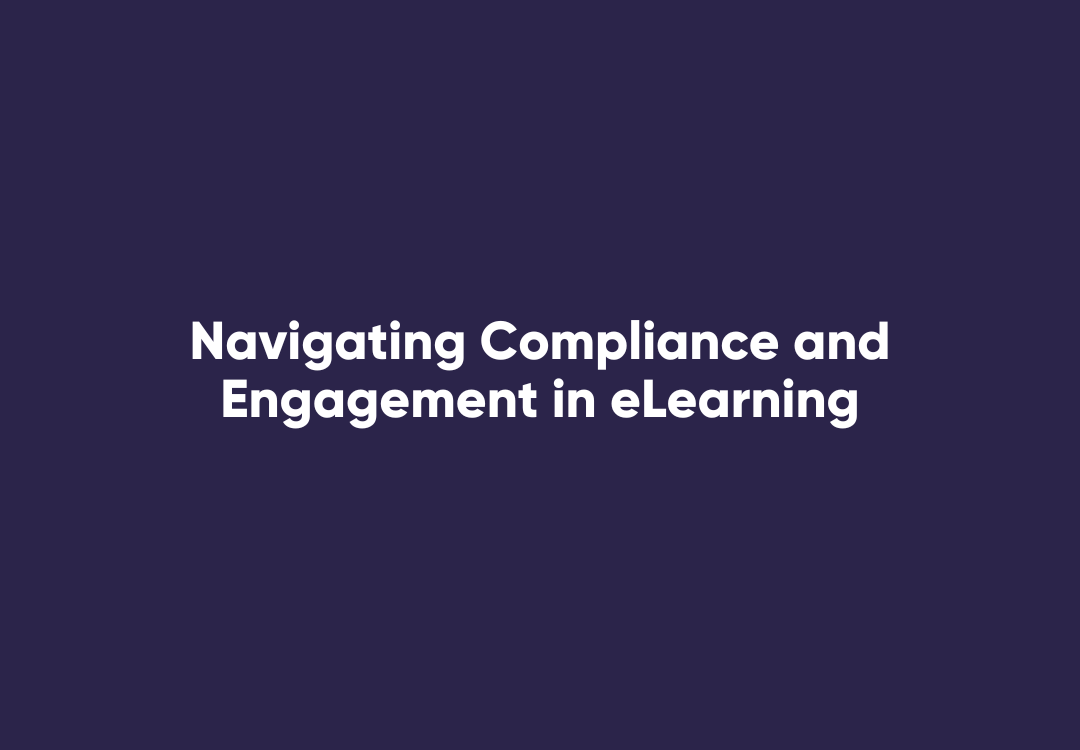
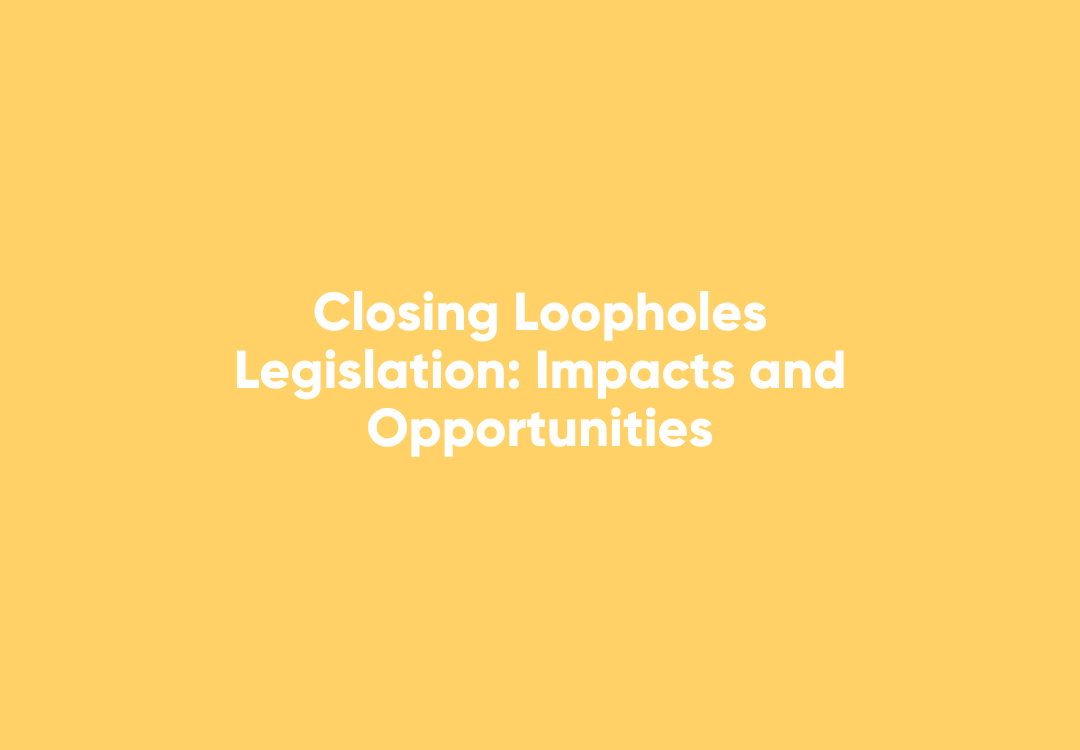
© Copyright 2024 WorkPro Privacy Policy | Terms of Service | Terms of access




